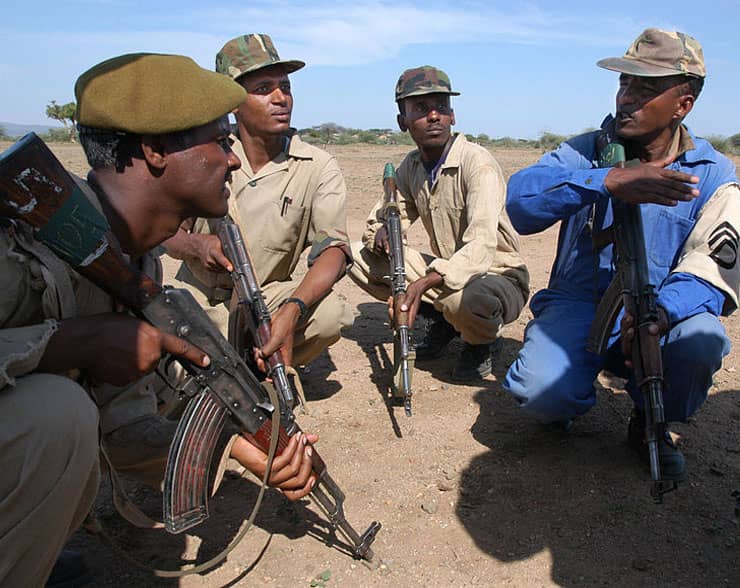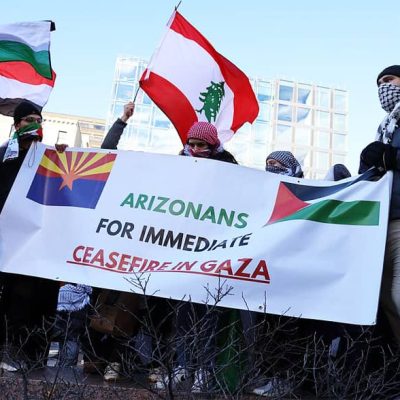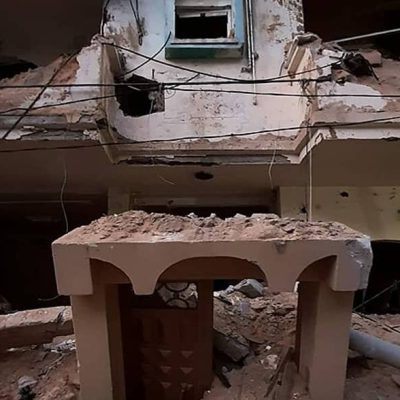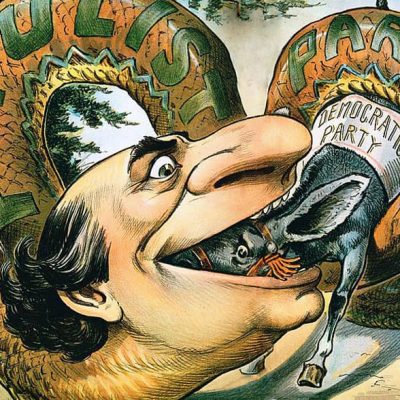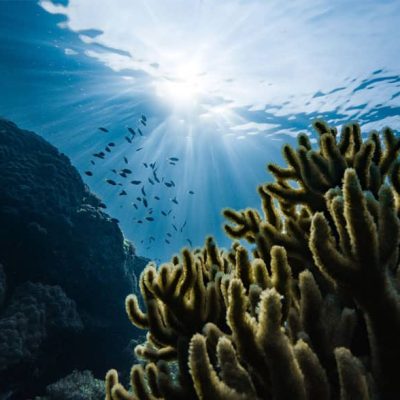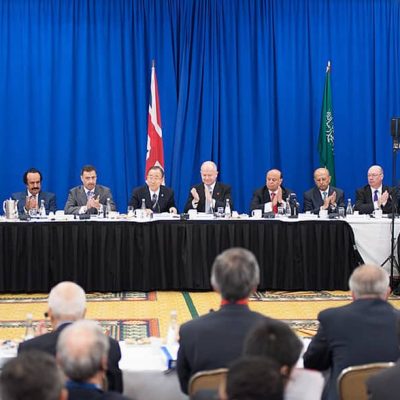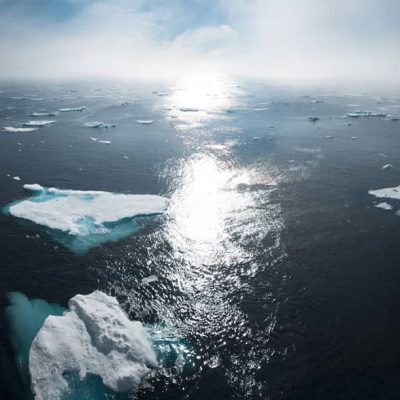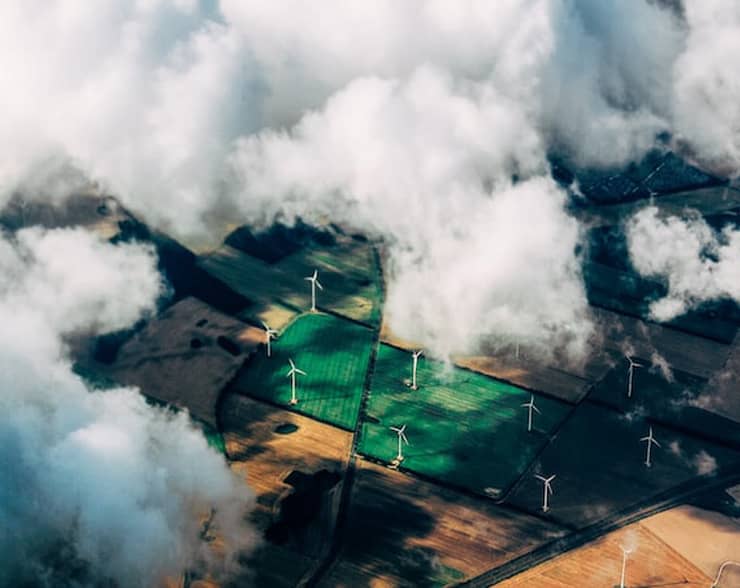 Appeals
Appeals
Protecting the Environment in Time of War.
The Association of World Citizens has stressed that protection of the environment needs to be an important part of conflict prevention.
Image: Ethiopian national defense force 2nd Lt. Aweke Demesse talks with his troops on where to station their perimeter watches during Combined Joint Task Force-Horn of Africa’s “Train the Trainer” course. By right, Public domain, via Wikimedia Commons.
Tigray: After the Calm, A Possible Storm.
The restoration of the agricultural infrastructure will be a lengthy process.
Efforts of protection need to be permanent.

Photo by Kaysha on Unsplash.
Democratic Republic of Congo — Need for Reconciliation Bridge-Builders.
Credits:
Image Featured: Photo by Thomas Richter on Unsplash.

Presidente, Asociación de World Citizens (AWC).
Cursó Estudios de Relaciones Internacionales en La Universidad de Chicago.
Cursó Estudios en el Programa Especial de Civilización Europea en
La Universidad de Princeton
Here are other publications that may be of interest to you.
Prevenir la expansión del conflicto de Gaza: ¿Son posibles las brigadas de paz?
Antony Blinken, el secretario de Estado de Estados Unidos, ha estado nuevamente en Medio Oriente trabajando para evitar que la violencia de la Franja de Gaza se extienda a gran…
Ciudadanos del Mundo Piden un fin Inmediato a las hostilidades entre Israel y Hamás, y por un esfuerzo auténtico de construcción de Paz en Oriente Medio.
Imagen destacada: El impacto del bombardeo israelí sobre un edificio civil en Gaza (2021). Por Osama Eid, CC BY-SA 3.0 https://creativecommons.org/licenses/by-sa/3.0, via Wikimedia Commons. La Asociación de Ciudadanos del Mundo,…
Transformación del Populismo en Europa y las Américas: Historia y Tendencias Recientes.
Imagen de portada: Caricatura de juez de 1896 que muestra a William Jennings Bryan/Populismo como una serpiente que se traga a la mula que representa al Partido Demócrata. Por la…
Día Internacional de los Océanos.
Imagen destacada: Foto de Marek Okon, Unsplash. Es necesario avanzar en las delimitaciones marítimas asiáticas. . El 8 de junio ha sido designado por la Asamblea General de las Naciones Unidas como…
Siria: El Comienzo de una noche de dolor.
Featured Image: Photo by Ahmed akacha: https://www.pexels.com/es-es/foto/gente-demostracion-rally-protesta-7183546/ Por Rene Wadlow. El 13 de marzo de 2011 en Derra, en el sur de Siria, 15 adolescentes fueron arrestados por la policía…
Yemen: Aún se necesita Acción Positiva.
Imagen destacada: El Reino Unido acogió la reunión de Amigos de Yemen el 27 de septiembre de 2012 en Nueva York junto con los coanfitriones del Reino de Arabia Saudita…
Medidas para crear Confianza en Asia-Pacífico: Revertir la Deslizamiento hacia la Violencia.
Imagen destacada: Foto de wu yi, Unsplash Con los militares estadounidenses y chinos comprometidos cerca de Taiwan, un error de cálculo podría conducir a la violencia armada. El conflicto armado en…
Enfoque de la ONU sobre las consecuencias del Cambio Climático.
Imagen destacada: Foto por William Bossen, Unsplash El 20 de marzo de 2023, el Panel Intergubernamental sobre el Cambio Climático (IPCC) publicó un Informe de síntesis basado en sus tres informes…
Medidas efectivas para proteger nuestros océanos
Imagen destacada: Foto por Dave Hoefler, Unsplash. El 4 de marzo de 2023, en las Naciones Unidas en Nueva York, se dio un paso importante hacia la protección de los océanos…
Ruido de Sables en el Mar de China Meridional.
Imagen destacada: El USS John S. McCain realiza una patrulla de rutina en el Mar de China Meridional, el 22 de enero de 2017. El destructor de misiles guiados apoya…
